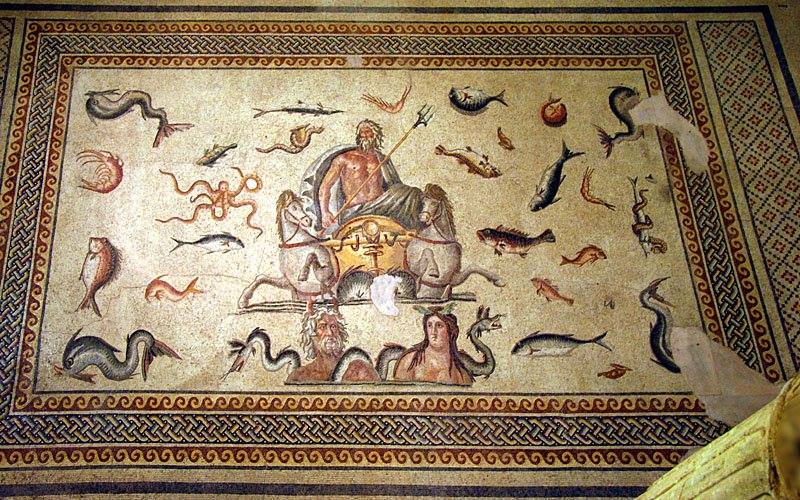With the tale of Aesculapius and his relocation to Rome from Epidaurus in Metamorphoses 15, it might help to bear in mind that after nearly being killed by his father Apollo, in some versions of his life he was "killed" by Zeus:
 Rome's welcome of Aesculapius clearly echoes the paean of Athenians upon recognizing their strange visitor to be Aegeus's long-hidden son and the city's future king, Theseus. In the Olympian mode, Theseus occasioned the end of both his father and his son.
Rome's welcome of Aesculapius clearly echoes the paean of Athenians upon recognizing their strange visitor to be Aegeus's long-hidden son and the city's future king, Theseus. In the Olympian mode, Theseus occasioned the end of both his father and his son.
The juxtaposition of the death of Hippolytus with the transfer of Aesculapius to Rome suggests, once again, that the turn of the poem, and of the world, from Greece to Rome is linked both to an alteration of identity and to something like a metamorphosis of death. Italy emerges in book 15 as an after-living -- a wooded land in which the Trojan people, Pythagorean thought, the son of Theseus, and the son of Apollo do not die. Rather, having suffered a Glaucus-like sea-change, they appear new and strange. The power is there, but estranged from itself. The welcoming throngs don't re-cognize Aesculapius, he's new.
This life after life seems less an overcoming Hades and the Olympians than a distancing, a flowing away from them, an attenuation and a concealment. As forecast by Saturn's flight to Italy, who too lives on, in Latium.
According to Roman era mythography,[14] the figure represents the healer Asclepius, who learned the secrets of keeping death at bay after observing one serpent bringing another healing herbs. To prevent the entire human race from becoming immortal under Asclepius' care, Zeus killed him with a bolt of lightning, but later placed his image in the heavens to honor his good works.In Metamorphoses 2, Ovid has Ocyrhoe, the daughter of Chiron, blurt out the end of Aesculapius, changing into a horse as she speaks:
‘Grow and thrive, child, healer of all the world! Human beings will often be in your debt, and you will have the right to restore the dead. But if ever it is done regardless of the god’s displeasure you will be stopped, by the flame of your grandfather’s lightning bolt, from doing so again. From a god you will turn to a bloodless corpse, and then to a god who was a corpse, and so twice renew your fate.'The act of healing that brought death and godhead to Aesculapius is usually considered to be his restoration of Hippolytus.
 Rome's welcome of Aesculapius clearly echoes the paean of Athenians upon recognizing their strange visitor to be Aegeus's long-hidden son and the city's future king, Theseus. In the Olympian mode, Theseus occasioned the end of both his father and his son.
Rome's welcome of Aesculapius clearly echoes the paean of Athenians upon recognizing their strange visitor to be Aegeus's long-hidden son and the city's future king, Theseus. In the Olympian mode, Theseus occasioned the end of both his father and his son.The juxtaposition of the death of Hippolytus with the transfer of Aesculapius to Rome suggests, once again, that the turn of the poem, and of the world, from Greece to Rome is linked both to an alteration of identity and to something like a metamorphosis of death. Italy emerges in book 15 as an after-living -- a wooded land in which the Trojan people, Pythagorean thought, the son of Theseus, and the son of Apollo do not die. Rather, having suffered a Glaucus-like sea-change, they appear new and strange. The power is there, but estranged from itself. The welcoming throngs don't re-cognize Aesculapius, he's new.
This life after life seems less an overcoming Hades and the Olympians than a distancing, a flowing away from them, an attenuation and a concealment. As forecast by Saturn's flight to Italy, who too lives on, in Latium.

No comments:
Post a Comment